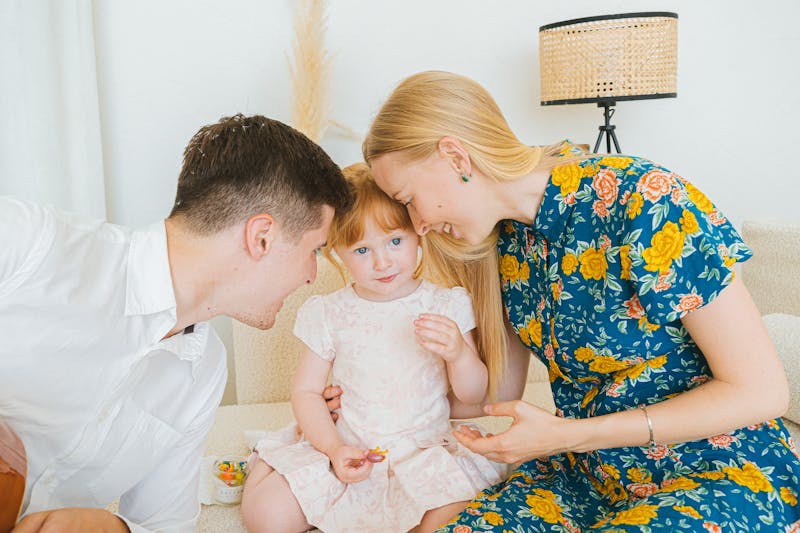“Honesty is the first chapter in the book of Moral values” – Thomas Jefferson
Page contents
Honesty helps in developing good attributes like truthfulness and discipline in your child. Honest children are sincere, trustworthy and loyal, throughout their life. Early childhood is the best time for character building and helping children to learn the importance of moral values. It is said that childhood learning stays with children throughout their life. Parents’ self honest behavior plays a big role in teaching honesty to their children. Teaching honesty to children is like planting the seeds of good character, integrity and moral ethics that will grow with them throughout their life’s journey. Honesty is always admirable and praiseworthy in the family, society, friends and across the world. A person with honesty is always respected all over the world.
An honest child moves freely in society and spreads the fragrance all over the direction they go.
Why do kids lie?
The hard truth – all kids lie. They do it for many reasons like adults do.
- Fear of disappointing: The fear of disappointing parents and teachers is one of the main reasons for children to be dishonest.
- Fear of punishment: Children sometimes lie to avoid getting into trouble. They choose to be dishonest because they believe that after accepting the truth the result can be in a negative direction.
- Social or peer pressure: The desire to be accepted by family, friends or in society to get respect from them, they choose to be dishonest sometimes.
- Copying behavior: Sometimes from adults or from society, children observe dishonesty in the environment and copy the behavior.
It’s a natural phenomenon for children at some point in their development. Creating an open and supportive environment will help children develop a strong sense of honesty.
5 tips to develop honesty in child
- Model honesty: “It’s one thing to say to kids that honesty is important, but if they see you lying, it gives them a mixed message”, says Victoria Talwar. Model honesty actually refers to setting a positive example of honesty through one’s own behavior. It means showing children how to be truthful through your own actions and words. It helps in being open, admitting mistakes, and behaving in a way that shows honesty all the time.
- Encourage open communication: “The more open the conversation, the relationship between parents and children are more effective”, says Dr. John Duffy. That means having more discussion, and less lecturing. Encouraging open communication helps create a supportive environment where children feel comfortable expressing their thoughts, feelings, and ideas without the fear of judgement. Honesty helps in building trust and strengthening the relationship between parents and children.
- Teach consequences: We always teach children that lying is bad. But we never tell them why lying is bad. Teaching the consequences of being dishonest means helping children understand the bad things that can happen when the children don’t tell the truth. Children must have heard the story of the “ Boy Who Cried Wolf “, which teaches us the negative consequences of lying (that the Shepherd repeatedly calls for help as a prank, but the one real-time when he really needed help, the villagers don’t come for his rescue). It explains to children how being honest is important and how being dishonest can bring problems and trouble to their lives and hurt the feelings of their loved ones.
- Discuss values: We should help children understand how honesty builds trust and helps to build positive relationships. We should always have age appropriate conversations with children.
- Admit your mistakes: Admitting mistakes is also one of the important tips to develop honesty in children. Children should take responsibility for their words and actions and should correct them while learning that they have done something wrong. In this way also they can build trust and show a willingness to grow and improve.
Conclusion
In conclusion, I want to convey that understanding and practising honesty is one of the most important aspects of building trust and healthy relationships. Honesty involves being truthful in actions and conversations to create a trustworthy and respectful social environment. For more related articles, see our Creativity page.



